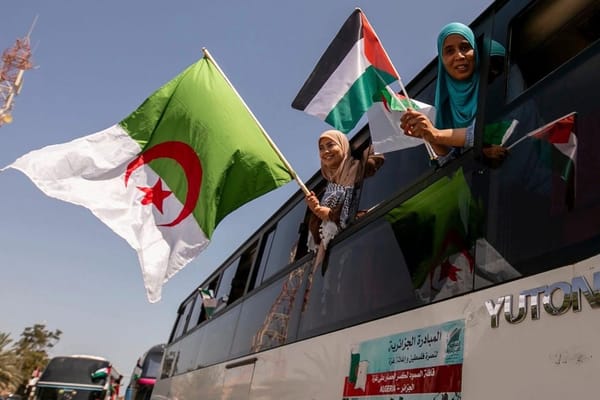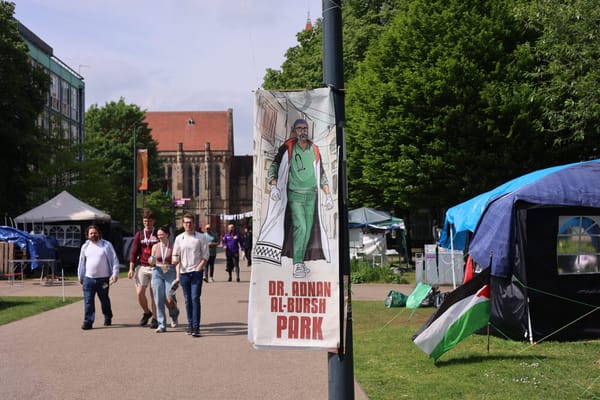North African Commonalities (part one)
Bill Lawrence is director of the North Africa Project for the International Crisis Group. He is a former Peace Corps volunteer (Morocco), Fulbright scholar (Tunisia), development consultant (Egypt), State Department official, Arabic translator and filmmaker (Marrakech Inshallah, Moroccans in Boston)







